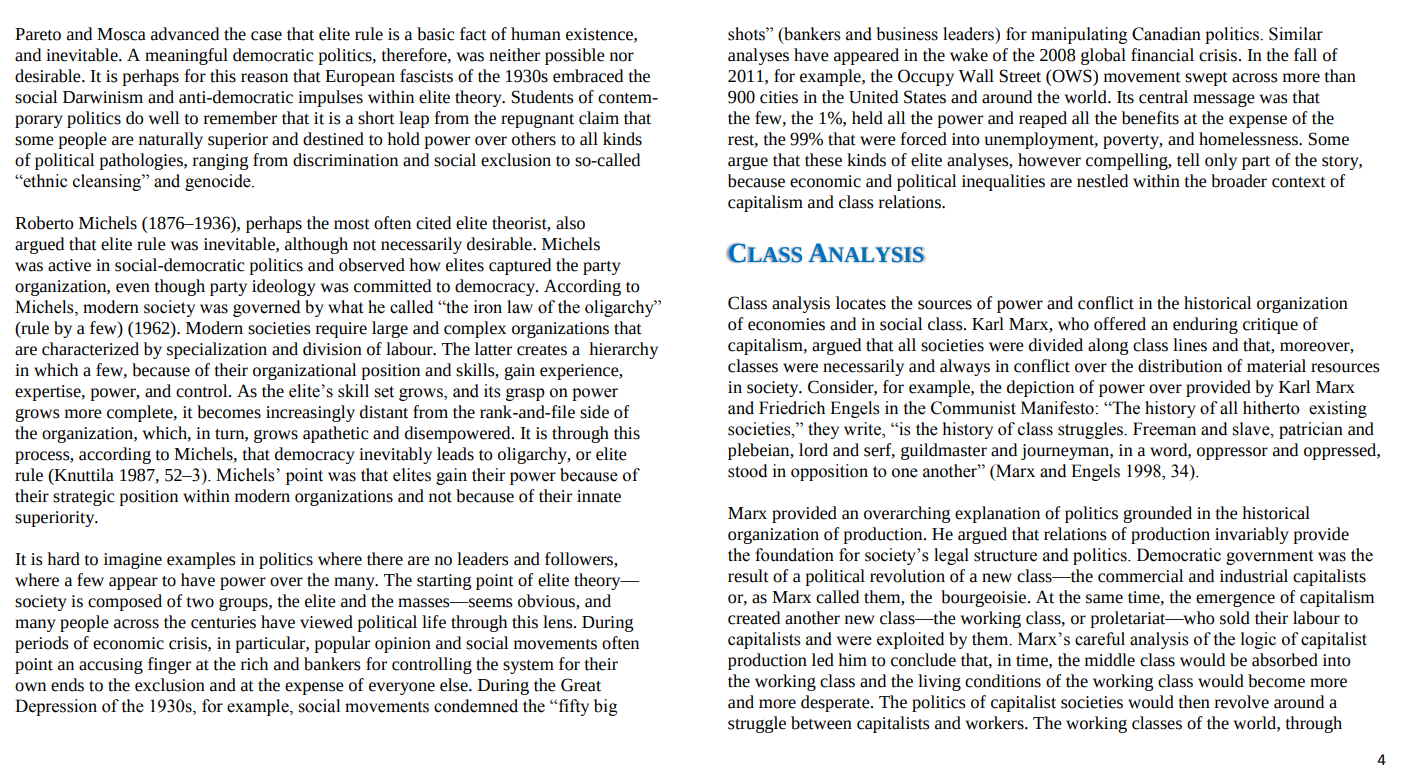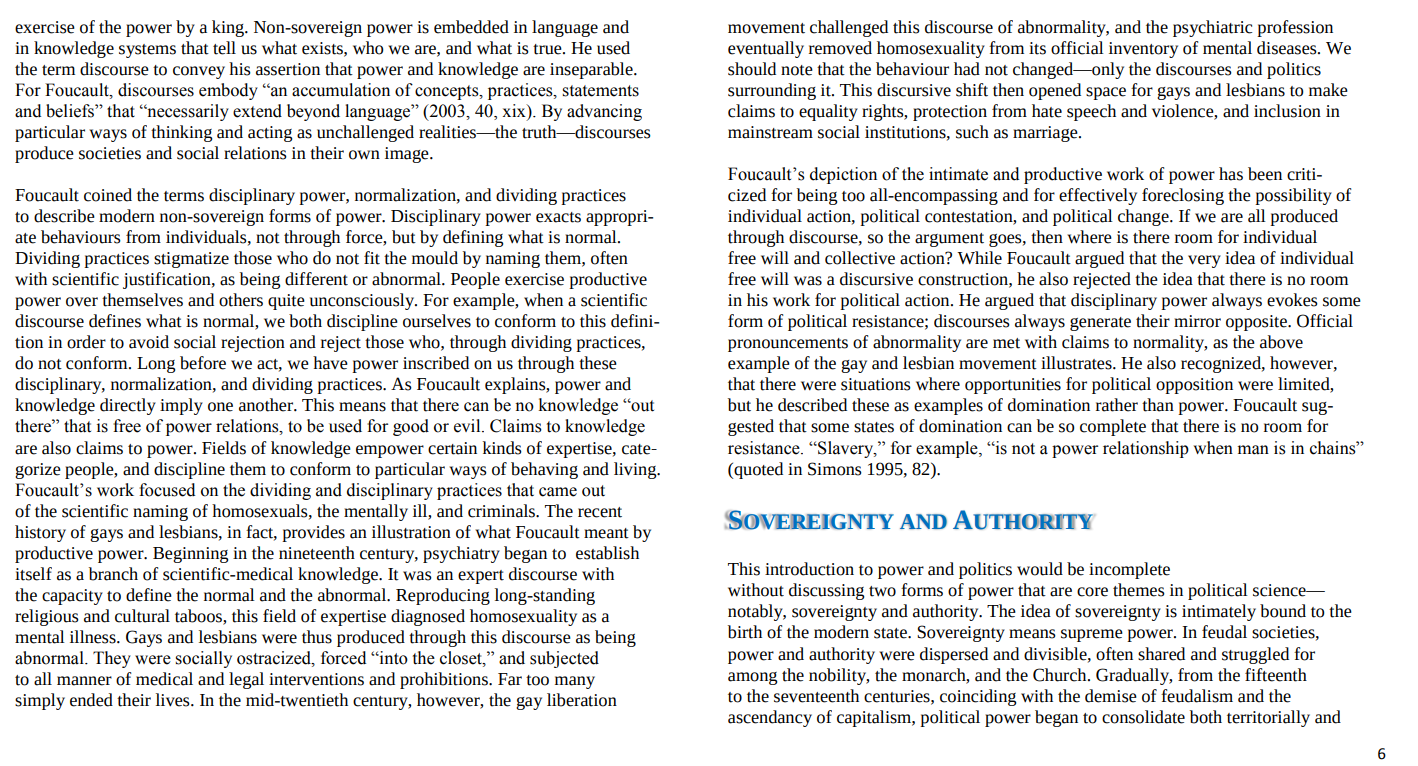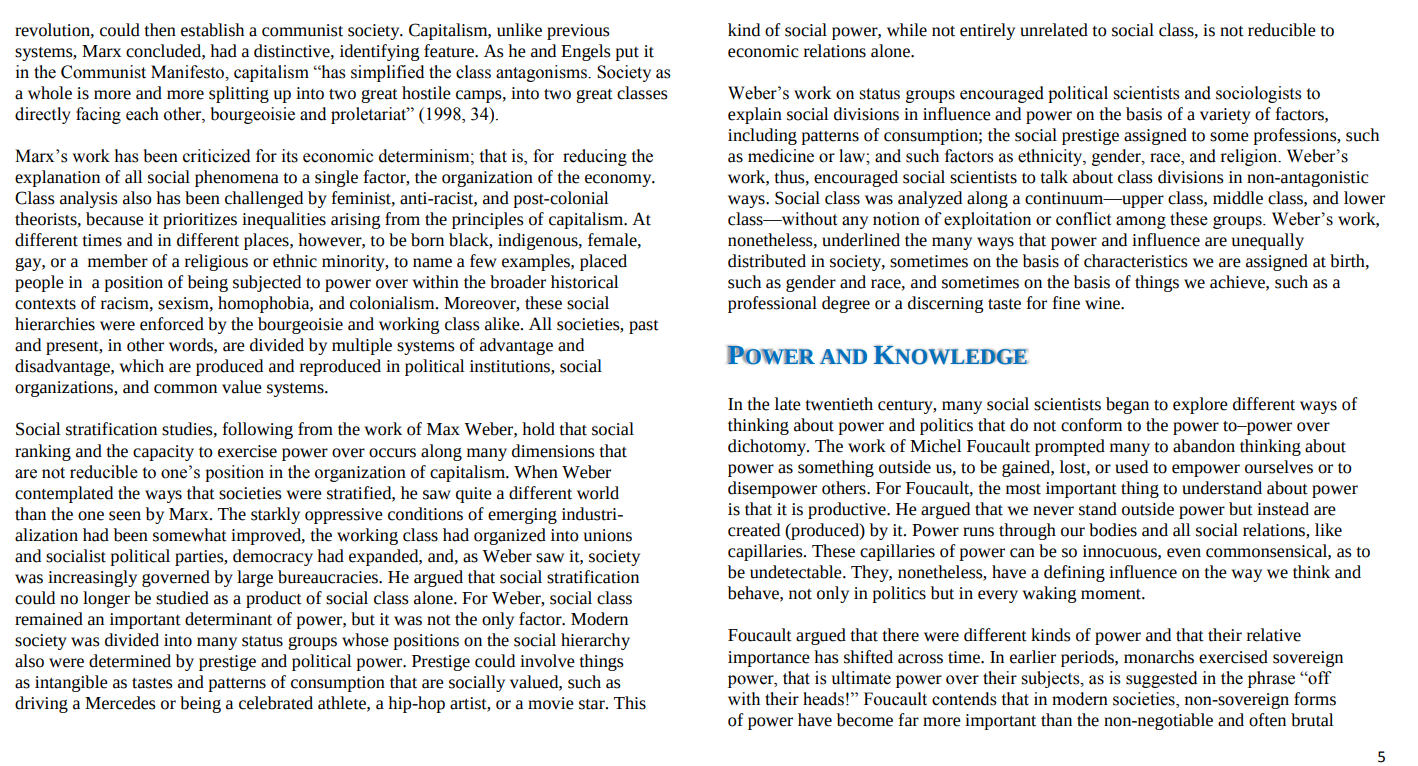the_dunk_tank
It's the dunk tank.
This is where you come to post big-brained hot takes by chuds, libs, or even fellow leftists, and tear them to itty-bitty pieces with precision dunkstrikes.
Rule 1: All posts must include links to the subject matter, and no identifying information should be redacted.
Rule 2: If your source is a reactionary website, please use archive.is instead of linking directly.
Rule 3: No sectarianism.
Rule 4: TERF/SWERFs Not Welcome
Rule 5: No ableism of any kind (that includes stuff like libt*rd)
Rule 6: Do not post fellow hexbears.
Rule 7: Do not individually target other instances' admins or moderators.
Rule 8: The subject of a post cannot be low hanging fruit, that is comments/posts made by a private person that have low amount of upvotes/likes/views. Comments/Posts made on other instances that are accessible from hexbear are an exception to this. Posts that do not meet this requirement can be posted to !shitreactionariessay@lemmygrad.ml
Rule 9: if you post ironic rage bait im going to make a personal visit to your house to make sure you never make this mistake again
view the rest of the comments



I get what you mean. As other people in the tread have said, the relationship between a proletarian and production is wage labor. Mobility is indeed an important part of that, as well as being a nominally free individual. So it's not so much what job they are doing, or their other social relationships.
But these liminal examples do rise the concern that our definitions can be too rigid.
I thought of 2 other related points between my last post and this one. The first is about tenancy. As the marginal productivity of agricultural workers falls, the become landless, and eventually end up working the land for a fee or corvee. The same conditions that correlate with tenancy also do so with proletarisation, the difference in outcomes for different regions seems to be related to mobility, and the development of nearby urban networks.
The second was about eastern European serfs, who had become tenants, tied to the land and owed the landlord a corvee. But as agricultural productivity fell with respect to labor productivity on urban areas, landlords decided it was more profitable to let the serfs work in the city and then pay them a fee. So these people belonged to 2 different contexts, on the one hand their relationship to production was that of proletarians, on the other they were also explored by the landlord who had customary rights over them.
This is another example of how definitions can become too rigid, and can't represent Al the nuances of the real world. At the same time clear definitions help us understand the difference in this case between the material and customary relationships. In this example the landlords went to the dustbin of history because they no longer had an economic base.